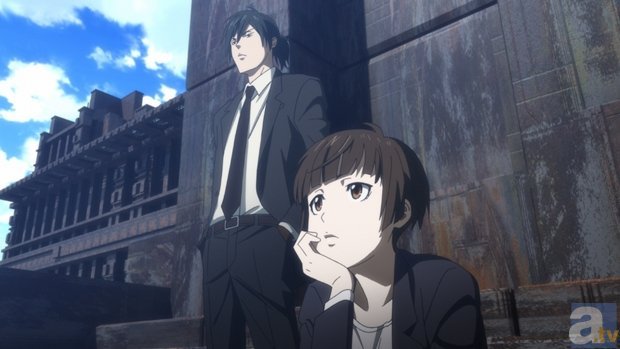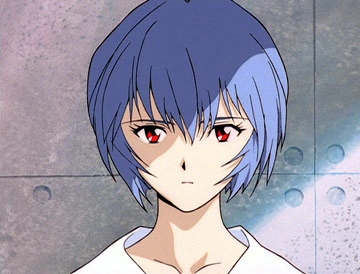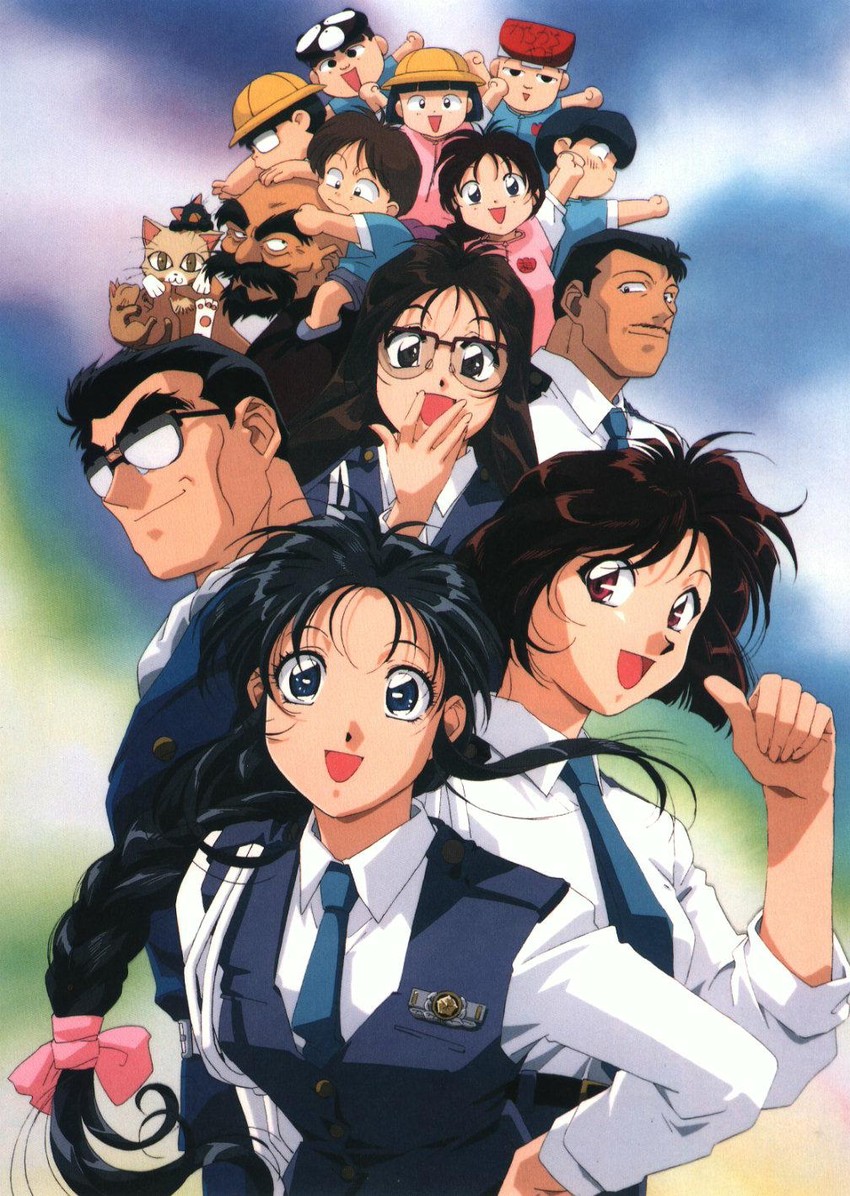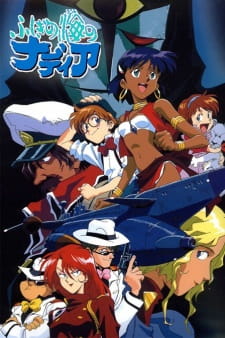I also really want to watch Evangellion. I only saw a couple episodes years ago. But I figure since it's such a cultural icon I really should watch it. I want to see what all the fuss was about with the death threats and all.
Evangelion is the Citizen Kane of animation, being perhaps the single most important work of animation of all time. In fact, I might think it might be the single most important work of cinema since the fall of the Soviet Union, if you think in terms of it's influence and cultural impact. That's because Evangelion helped to create a new world.
For instance, before 1995-96, when Evangelion aired, all adult anime was either made direct to video or the few theatrical movies like Akira and Patlabor 1 & 2. After Evangelion aired, more and more animators started focusing their efforts on TV shows, even Miyazaki felt the need to justify his focus on theatrical films after EVA. EVA in many ways epitomized Japanese animation while at the same time advancing the medium through new paths.
It's impossible to watch any modern otaku anime and not think about EVA (in fact, shows like Ping Pong make several EVA references while PMMM is a copy of EVA applied to Sailor Moon type shows): most late night anime are directly influenced by EVA and most animation produced in the world is late night anime. Hence, EVA directly influenced the majority of animation produced in the world and heavily influenced the whole Japanese nerd community.
EVA is so influential because it focuses directly on the main issue of many people who are seriously into fictional narratives (be it TV, comics, film or books): that they are usually introverted and isolated. And associated with isolation, EVA also talks about suicidal depression (since the director was suffering from depression at the time), the show even drops out all it's science fiction elements by episode 24-26, focusing exclusively on the psychoanalysis of it's main character, who is the personification of the director of EVA, Hideaki Anno and who also epitomizes the Japanese nerd.
It also features a lot of visual experimentation by Anno, who later used it on his live action films. I am deeply influenced by EVA, specially because I watched it when I was 12-13 and at that time it was almost too heavy for me to handle it.






 ).
).






 The show also contains much more philosophical material than the second one, and I love stuff that mix manga fantasy/sci-fi aesthetics with philosophical ramblings: As Schopenhauer said, art is the stylistic presentation of ideas.
The show also contains much more philosophical material than the second one, and I love stuff that mix manga fantasy/sci-fi aesthetics with philosophical ramblings: As Schopenhauer said, art is the stylistic presentation of ideas.